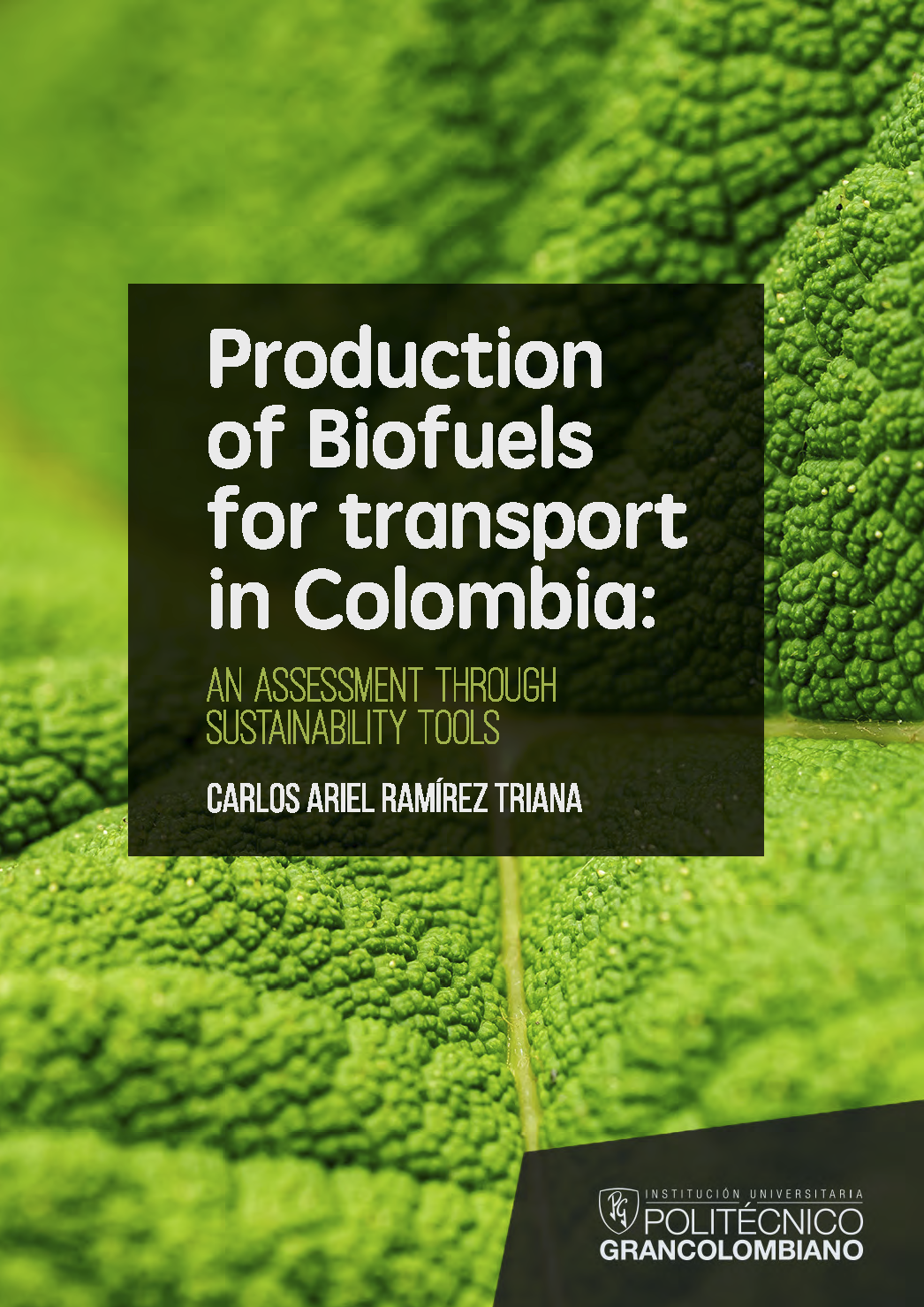Resumen
Bioenergy has emerged as a potentially sustainable alternative to the use of fossil fuels for transport and industrial uses. Developing nations, such as Colombia, can seize the advantages of modernizing rural areas by using cleaner energy and having more economic opportunities with bioenergy initiatives, provided the trade-offs between fiber, food, feed and fuel can be managed. This Thesis examines the bioenergy program now under way in Colombia, where comparative advantages (shared with other tropical countries) in production of sugar cane and palm oil are being built on. While the technologies associated with use of these feedstocks are well known, nevertheless their scaling up in a country like Colombia poses considerable environmenral, social, economic and business challenges.

Esta obra está bajo una licencia internacional Creative Commons Atribución-SinDerivadas 4.0.
Derechos de autor 2017 Institución Universitaria Politécnico Grancolombiano





